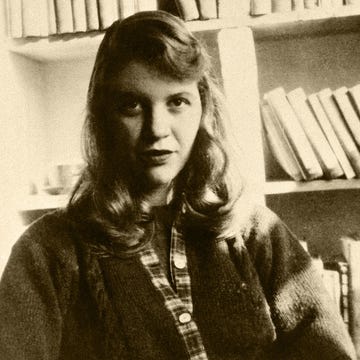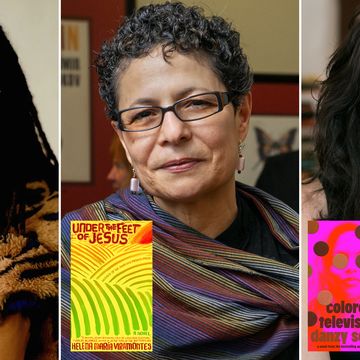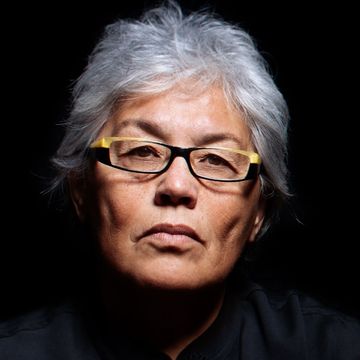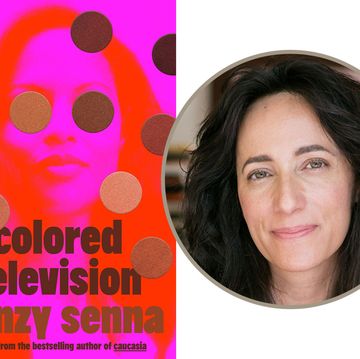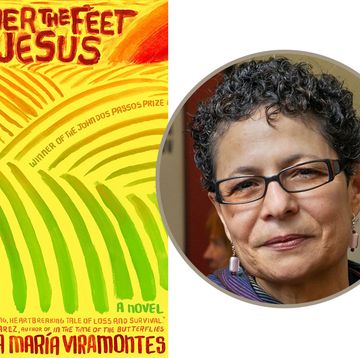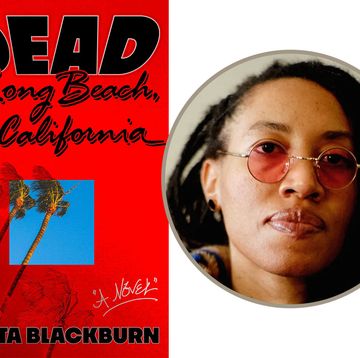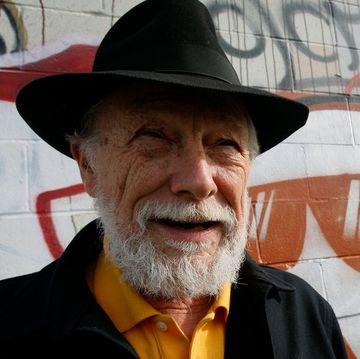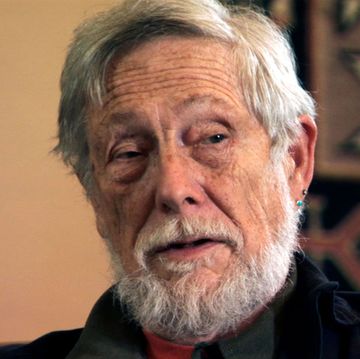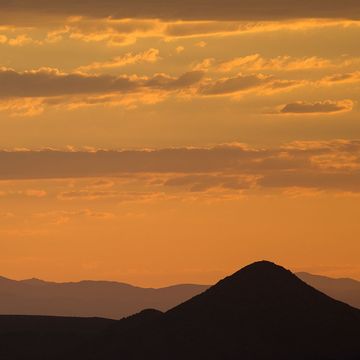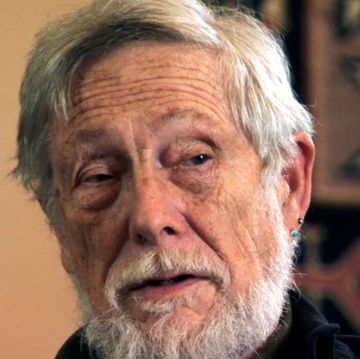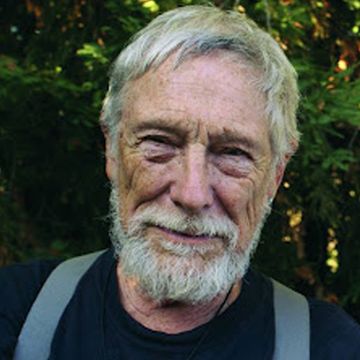Laila Lalami’s novel The Other Americans is a police procedural, a domestic drama, and a romance all at once. Its action is occasioned by the sudden death of Driss Guerraoui, a Moroccan immigrant who is killed in a hit-and-run in Yucca Valley.
The novel is told by a rotating cast of characters, all of whom are implicated in Guerraoui’s passing and its aftermath. We encounter Guerraoui’s daughter Nora; his wife, Maryam; his eldest daughter, Salma; Jeremy, who is Nora’s childhood classmate and an Iraq veteran; Efraín, an undocumented immigrant who witnesses the hit-and-run; Coleman, who is a detective on the case; Anderson and A.J., who are neighbors of Guerraoui’s but have a strained relationship with the family and other members of the community. We also receive chapters narrated by Guerraoui himself, from beyond.
The Other Americans is filled with such a multiplicity of voices that those voices, paradoxically, carry the weight of heavy silences. So much hides behind what characters say and don’t say to one another. Unable to admit certain things to themselves, the characters stew in their quiet alienation, struggling through the depths of grief. The novel begins with the point of view of Nora, an emerging musician and composer who—returning home after a long absence—is convinced that her father was killed and launches her own private investigation into her father’s past, which, in turn, triggers a series of surprising revelations. Nora’s search for answers produces noise in the community, unsettling that which has been smoothed over or muted and disrupting the social fabric of her family’s neighborhood. It’s a quest that inevitably changes the course of everyone’s lives.
The silences the characters in The Other Americans experience swell with immense grief, but beneath that feeling brew fury and resentment. Death in any family (or community) necessarily prompts survivors to reflect on the totality of the deceased’s life and also the lives they are currently living. However, the novel doesn’t stop at an exploration of the interpersonal, internal dynamics of the family, nor does it stop at the community level with the narrative device of the police procedural. Rather, The Other Americans absorbs into its account a more global perspective that charts the ripple effects of war, displacement, and diaspora not only on the Guerraoui family but also on U.S. veterans. This last facet ripples into a romance that begins between Nora and Jeremy and manifests in emotional complications and challenges.
The Other Americans depicts characters who must make moral compromises for their own safety. Consider, for instance, Efraín, the undocumented immigrant who witnesses Guerraoui’s murder but fears deportation if he says anything to the police. As readers encountering these characters’ complex feelings, we are given a truer and even haunting awareness that no one exists in a vacuum, not even those people we might think are incidental or tangential to our lives. Citizenship, race, class, occupation—all of these traits affect the ways a person can present in the world and show up for their communities.
Furthermore, The Other Americans does not shy away from characters who hold deeply offensive beliefs and worldviews. We are made witness to how the silences of pent-up prejudice lead to vast gulfs between people. And yet, the novel offers its readers a sense of possibility: that is to say, we see members of the Guerraoui family, and even Driss, lean on the transformative force of memories and acts of love. Love is messy, riotous, mysterious. By the end of Lalami’s novel, love is what makes a life meaningful. Readers receive a sense of closure, though the air is still thick with grief. But at its heart, The Other Americans is a story about how love, the ultimate act of faith, is the only thing that disrupts the silences that compel people to retreat from themselves and others.•
Join us on March 21 at 5 p.m. Pacific, when Lalami will appear in conversation with Alta books editor and California Book Club guest host David L. Ulin and a special guest to discuss The Other Americans. Register for the Zoom conversation here.

